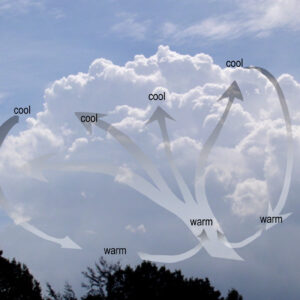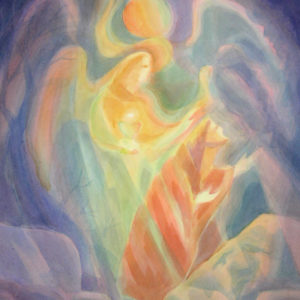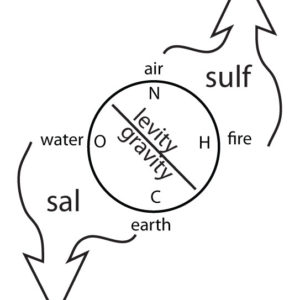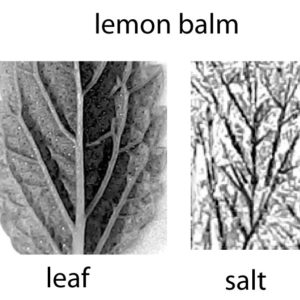Alchemy and Natural Sciences
It is with great pleasure that I share with you a development in Dennis’ work on sacred agriculture. Kensuke Shimizu has translated the book into Japanese and it is now available for those who want to deepen their understanding of biodynamics and the inner work that underlies it. In Sacred Agriculture, Dennis shares his insights…
The formation of clouds is an interesting meditation on what an alchemist would call the lawfulness of the becoming of form, or what Goethe called the Archetype. In the ancient world, it was understood that forms in nature were images of the activity of world-creating beings: Gods and Goddesses and members of celestial hierarchies. The…
What does the phrase “Christ in the etheric” mean? “Behold, he cometh with clouds.” (Rev.1:7) Several enigmatic references to Christ returning again to the earth in the clouds are the centerpiece of much theological debate. Some think that the “clouds of heaven” point to the Rapture by which the faithful will be transported away from…
In the inner work of developing your consciousness, there is a stage of development called “etheric vision”. This concept is found in many forms in the work of Rudolf Steiner. To form an idea of this, it is useful to look at the work of Goethe known as phenomenology, or the perception of phenomena. This…
Most human beings tend to value thinking as the most powerful human soul capacity because most problems are addressed through some level of thinking. Underneath awake thinking consciousness flows a constant river of will that evades awareness. Will is the force nature uses for changing things. In the human soul, will is the force of…
By contrast the use of levity / gravity alchemical relationships can serve as the basis for a systematic, mandalic approach to sequencing natural phenomena. This develops a reliable pictorial based research system available to anyone. Pictorial thinking can support the idea that the macro(species) and micro (hormones) levels of plant development are based on resonant…
In science today the driving force is to solve mysteries by innovation. Innovation is the clever manipulation of what is already known. As an effective research method for solving technical problems innovation has created wonders. But life evades technical solutions. Uncontrolled pandemics and complex climate change issues result from technical innovation being applied to issues…






